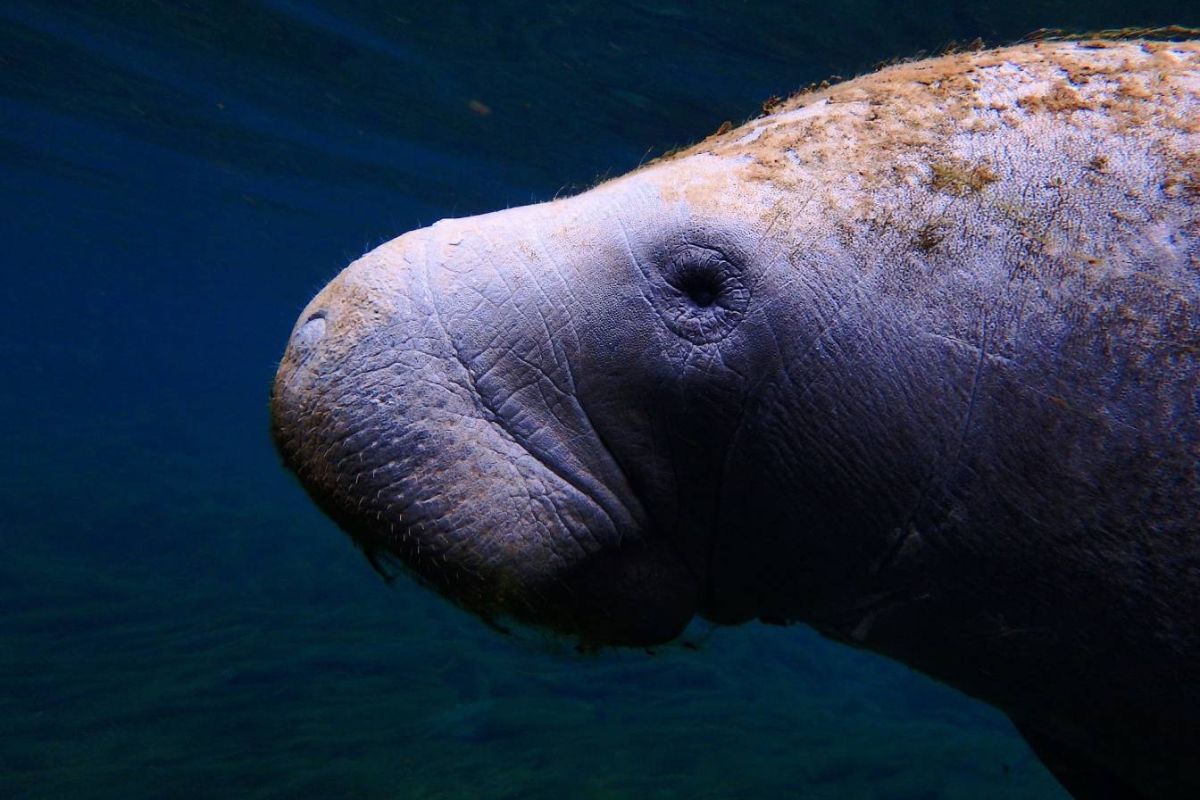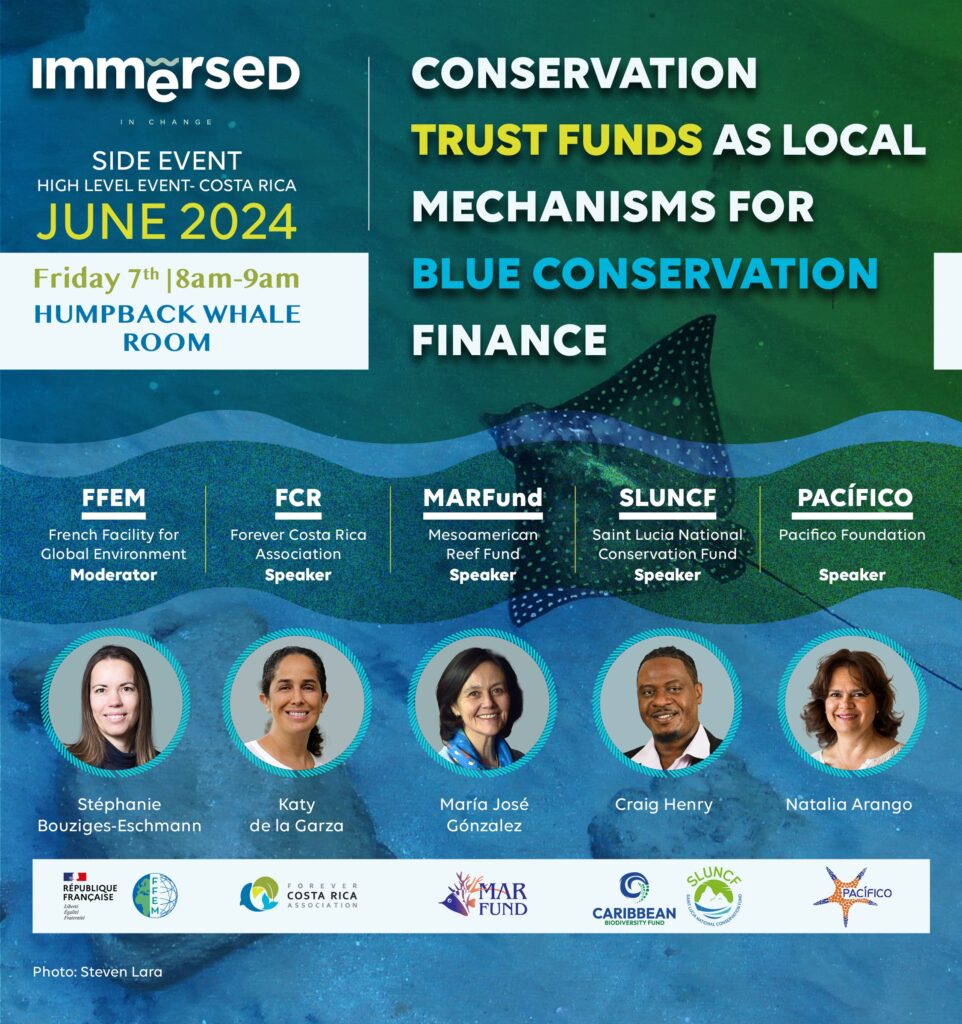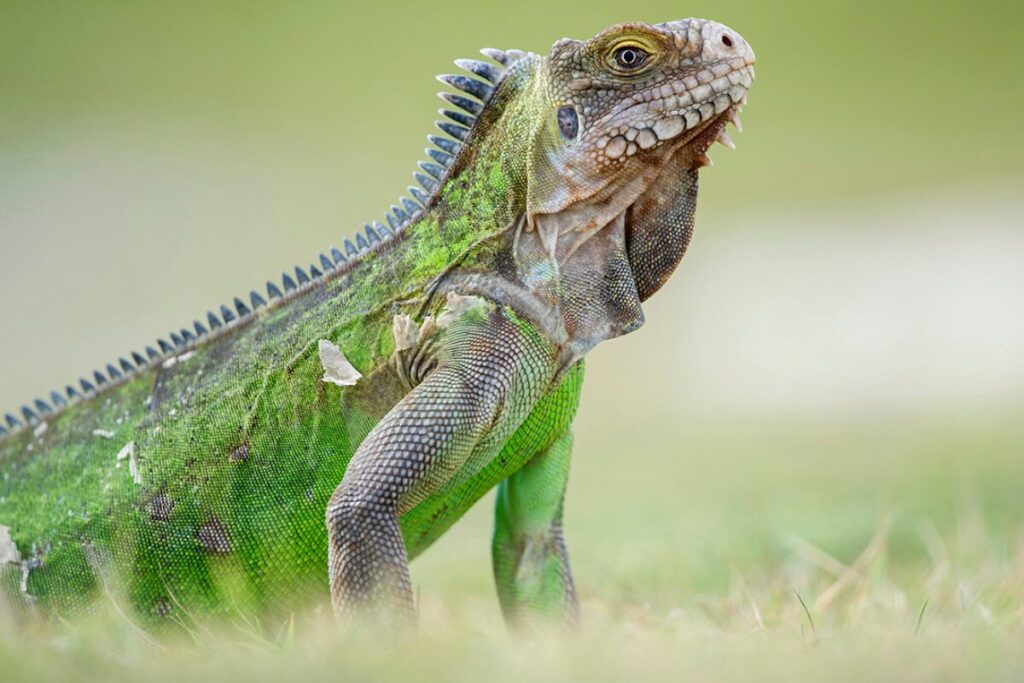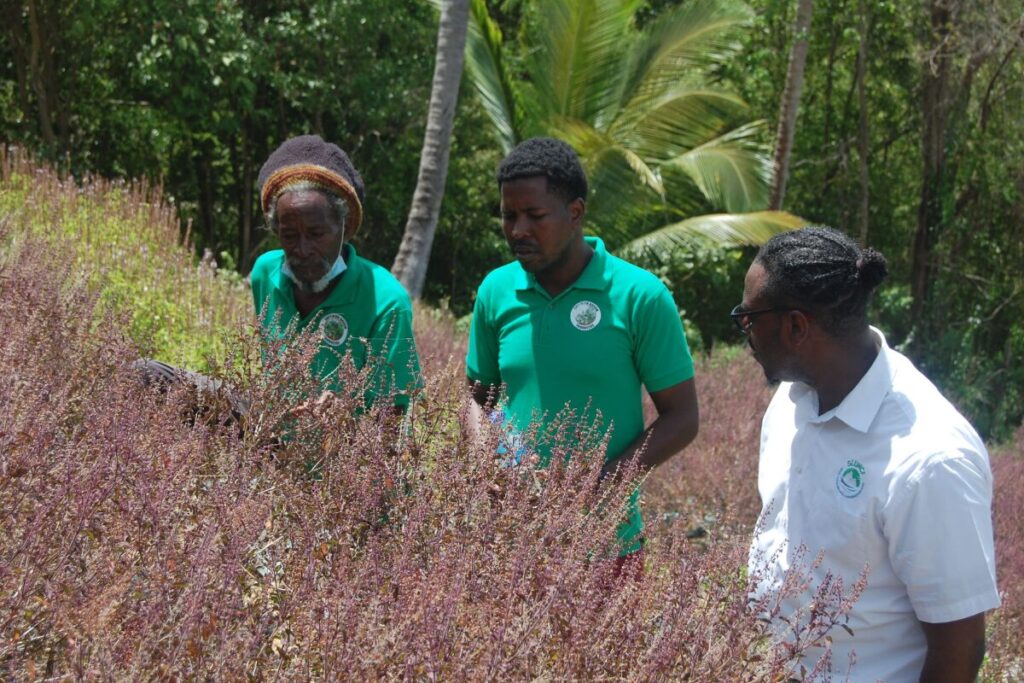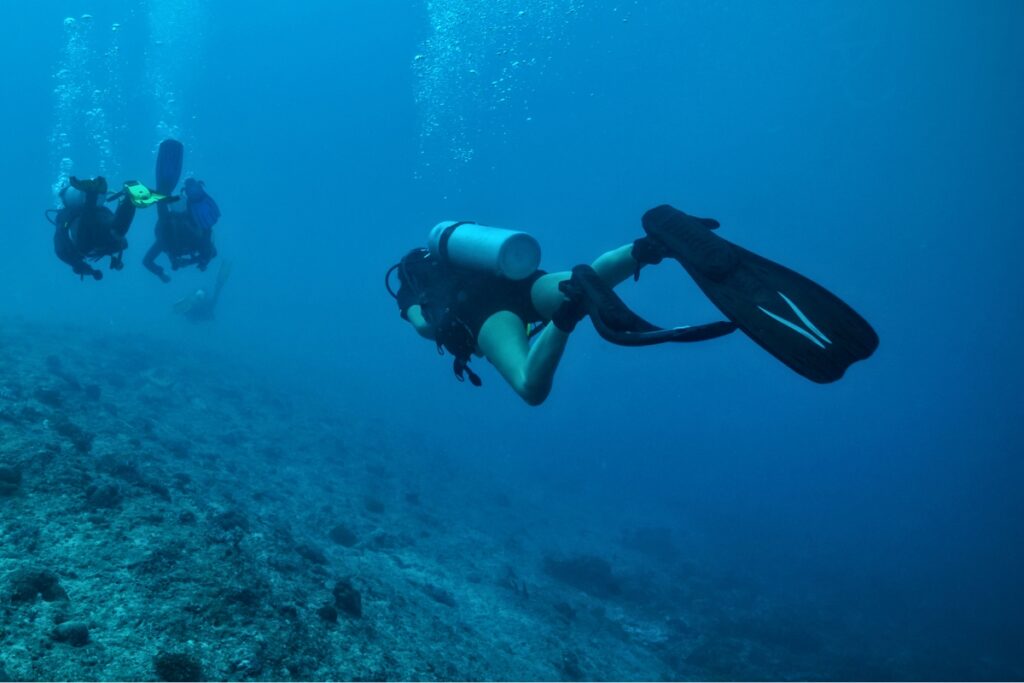The Dominican Republic National Fund for the Environment and Nature Resources – Fondo MARENA – has signed grant agreements with 5 civil society organizations, who will implement projects with the resources from the CBF-MARENA Partnership Agreement. These projects were selected in a Call for Proposals, by a technical committee, for a total amount of USD 234,224 (and an additional USD 74,271 in counterpart funding). The Call requested projects to improve the management of the Marine Mammal Sanctuary Estero Hondo, in the north of the country.
The projects just started their implementation and a kick-off meeting was held on October 24th, 2018, for them to exchange their objectives and generate synergies, as all are working around the same area. The projects signed an MoU committing to share information through the implementation process, using online collaboration platforms and meetings.
David Arias Rodriguez, Fondo MARENA’s Technical Director, details the collaborative approach adopted by the projects in the article below.
Collaborative Action to improve the management of the Marine Mammal Sanctuary Estero Hondo
By David Arias Rodriguez, Technical Director of Fondo MARENA
One of the greatest challenges of environmental and biodiversity conservation actions, especially those that affect marine or terrestrial protected areas, is to establish coordinated actions within a framework of cooperation that links the different stakeholders. It seems reasonable that interventions in a geographically determined area or initiatives that have common conservation objectives or common donors, affecting the same communities, are proposed to operate under the collaboration logic. However, experience has shown that these cooperation and collaboration conditions do not always exist.
In many cases, certain autonomous behaviors are attributable (and even understandable) to the tendency to individualizing responsibilities, arising from funding schemes and contractual clauses or, in a certain way, from the natural tendency to competition for scarce resources when it comes to meeting the terms for what the organization was hired.
To achieve effective management of financial, human and technological resources, including intangible resources (such as the knowledge and time of the people involved, a non-renewable resource), it is necessary to have agreements that invoke instances of social cohesion between the actors involved. These agreements can establish relations to foster collaborative action, built under three confluent logics: territorial, social and virtual, which act simultaneously, supported by technology tools and institutional arrangements that give efficiency to collective actions.
With the aim of providing programmatic coherence the 5 projects funded by Fondo MARENA for the management of the Marine Mammal Sanctuary Estero Hondo, a methodology based on collaborative management has been designed. The projects are funded by the resources coming from the partnership agreement between Fondo MARENA and the CBF.
The Estero Hondo Marine Mammal Sanctuary is a category I protected area that extends for about 13km along the coastline, covering an area of 22 km² in the municipal district of Estero Hondo, Puerto Plata. It is a special natural space where multiple marine species take refuge, among which the Antillean manatee (Trichetus manatus), sea turtles, mangrove crabs and other species of fauna, as well as mangrove dry forest, seagrass beds, coral reefs, and water systems.
The projects address key issues such as:
- Strengthening the governance and capacity of the communities and the municipality involved in the management (Fundación Plenitud)
- Evaluation of the current status of the population of Trichechus manatus (Centro de Investigación de Biología Marina – CIBIMA)
- Staff training and the design of a management assessment tool (SOH Conservation)
- Public use management system (Fundación Ambiente y Desarrollo)
- Rapid Ecological Evaluation (Reef Check)
All these projects include the participation of the communities involved in the management of the Sanctuary.
It is essential to overcome the traditional individual actions of the projects and raise them to a higher level of collective efficiency, giving way to innovation and collaborative management of the processes, establishing synergies and learning from the different experiences that converge under the same purpose with shared responsibilities, although differentiated.
With this objective, Fondo MARENA established a roadmap, carrying out several work sessions in conjunction with the grantees where the collaboration methodology and execution rules of the projects have been put into practice. As a first step, a meeting was held to discuss the methodology and possible online applications that could be used for the collaborative management of the projects. The grantees selected an online platform (named FreeCamp) that allowed the activities to be scheduled among the projects, where all the actors involved can have real-time access to the execution and any of the programming aspects in a synergic manner.
Fondo MARENA has established a monitoring system for the activities that use the online platform reports, supported with multimedia resources to visualize the activities through social networks (Facebook and Instagram), according to the schedule and the different projects’ calendars. In addition, this set of projects will have its own Youtube channel, where videos of the activities will be posted. It is a real-time reporting system which is an innovation in the monitoring of projects and, at the same time, a means of achieving synergies for greater impacts.
The work plan under the collaborative management model was presented by the grantees jointly in a workshop held on October 24th, 2018, with the presence of the Ministry of Environment. The grantees signed a Memorandum of Understanding committing to follow the collaborative management methodology agreed.
Fondo MARENA and the five grantees have decided to go beyond and focus on the impacts, those luminous points that are not ensured by the legally required aspects, but that belong to ethical commitments for the conservation of the ecosystems, biodiversity, and the survival and dignity of the future generations.

